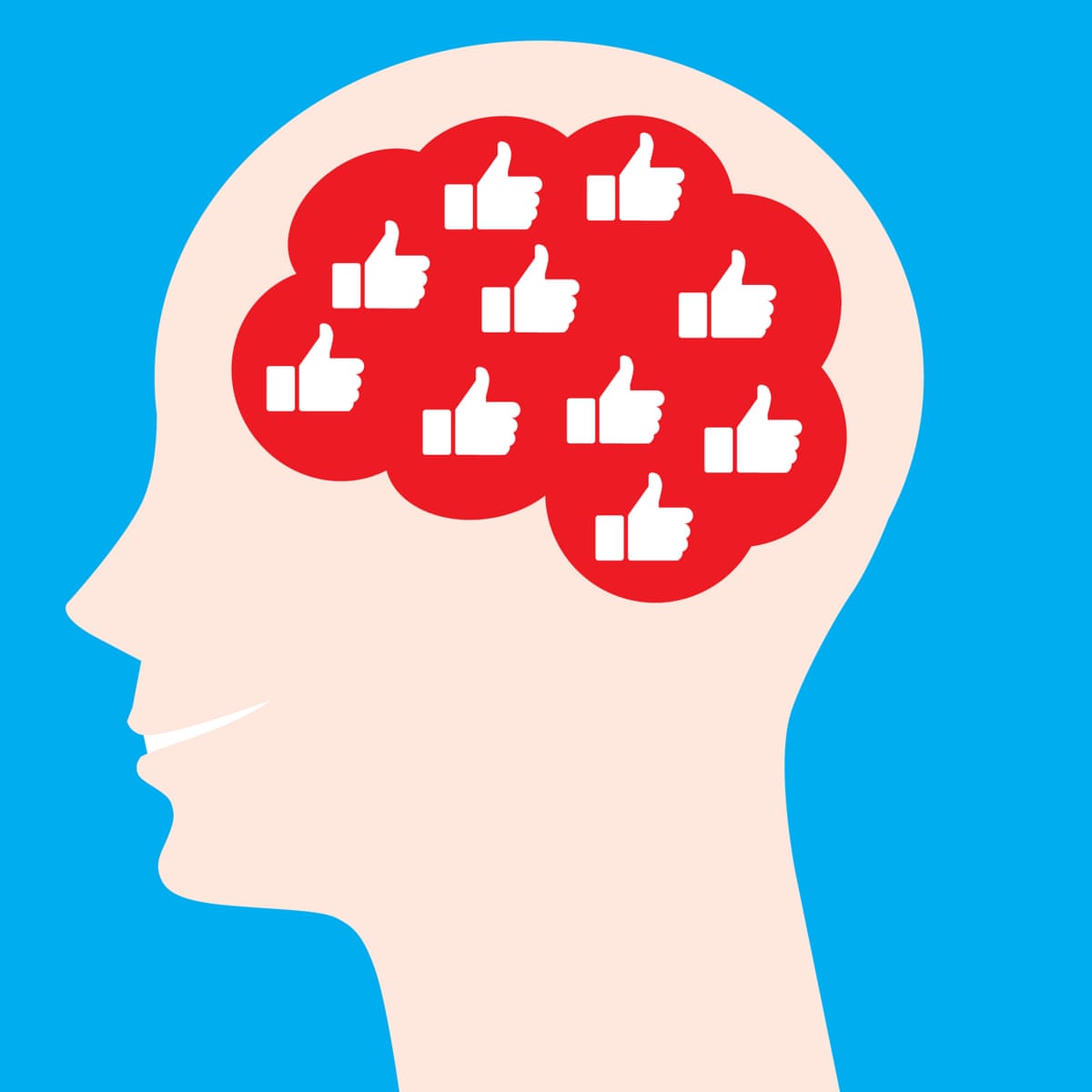Happy Chemicals 101:

After the last post about good vibes and happy music, I decided to research more about the happy chemicals in the body. The 4 main chemicals; dopamine, oxytocin, serotonin, and endorphin, are all very important for peaceful mental health. Here's how you can access more happy chemicals;
Dopamine- the reward chemical

Image by The Guardian via
- Complete a task
- Do self-care activities (face mask, nails, bath)
- Eat food
- Celebrate tiny wins, even eating your favourite meal
Oxytocin- the love hormone
- Play with a dog or pet
- Spend time with a baby
- Hold hands

Image by Love Dignity via
- Hug family or friends
- Give compliments to others
Serotonin- the mood stabilizer
- Meditation or yoga
- Running
- Sunlight
- Walking in nature
- Swimming

Image by Healthline via
- Cycling
Endorphin- the pain killer
- Laughter
- Essential oils
- Comedy movies
- Dark chocolate

Image by Everyday Health via
- Exercise
Comment below which one of these strategies is your favourite! :)
Comments
Post a Comment